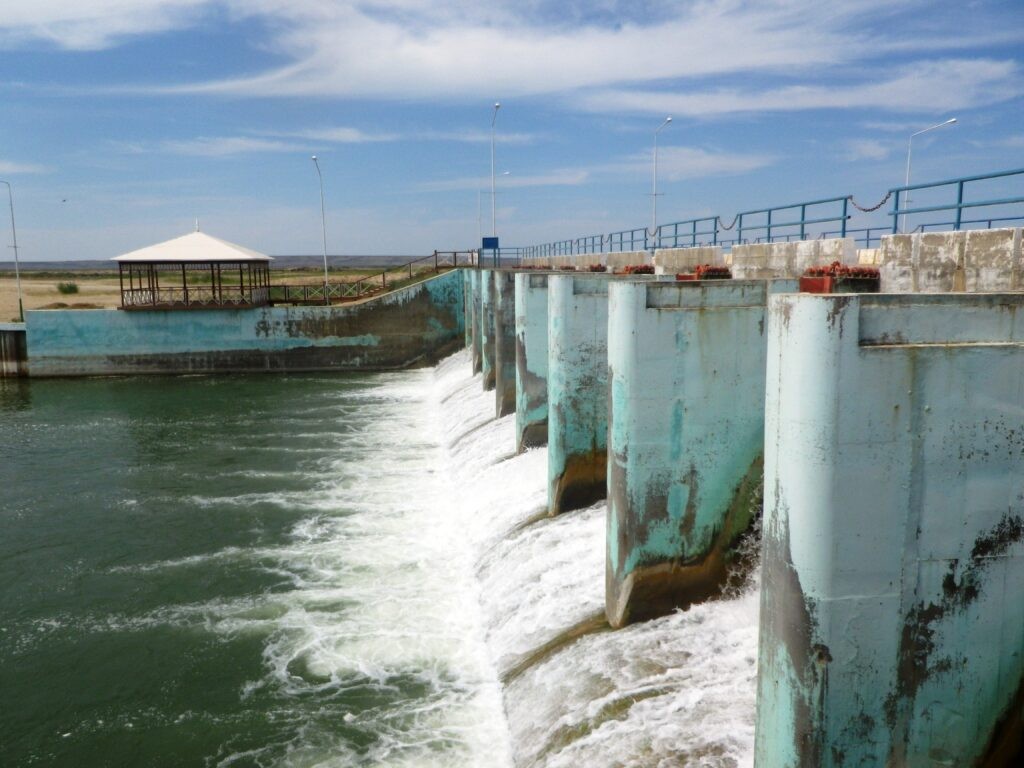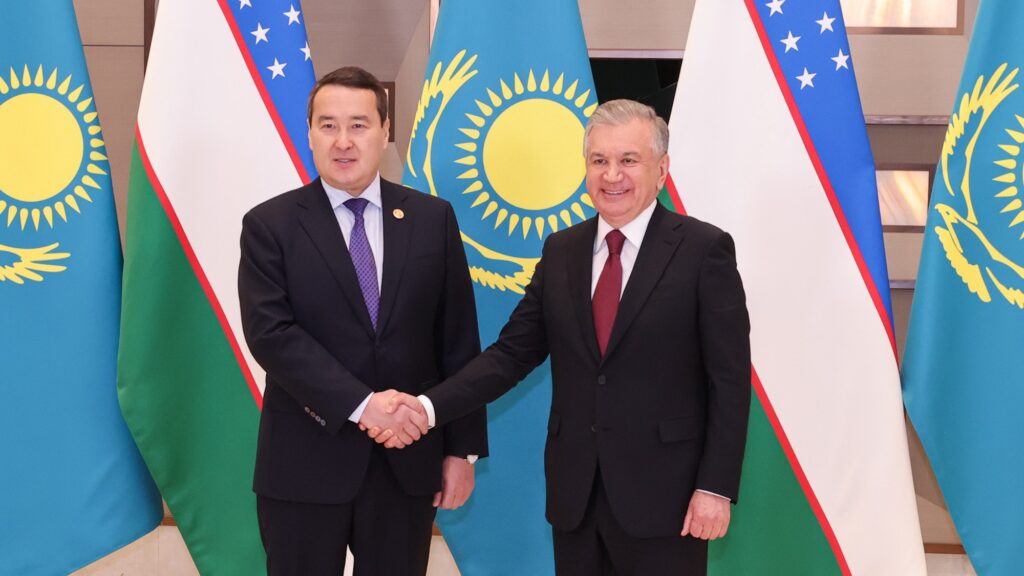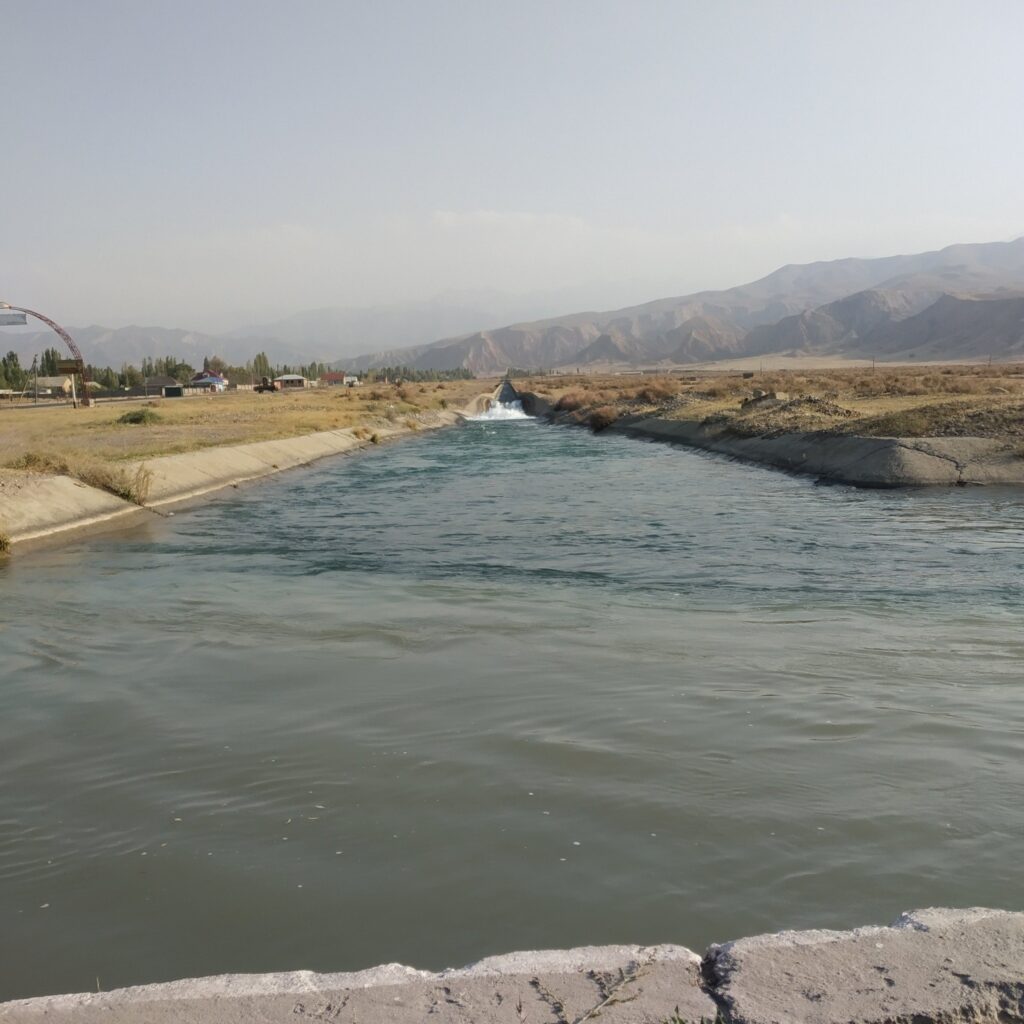Kazakhstan: Convicted Former Security Chief Massimov Faces New Charges
New charges of money laundering and taking a bribe have been levelled at the imprisoned former chief of Kazakhstan’s National Security Committee (KNB), Karim Massimov. On November 14th, the KNB's press service said that Massimov is currently in a pretrial detention center in Astana awaiting trial on the new charges. No further details regarding the charges were provided. In April, Massimov, a close ally of former President Nursultan Nazarbayev, was sentenced to 18 years over his role in the deadly events which followed unprecedented anti-government protests in January 2022. His deputies, Anuar Sadyqulov and Daulet Erghozhin, were sentenced to 16 years and 15 years in prison in respectively. A court in Astana found all three men guilty of high treason, attempting to seize power by force, and the abuse of their offices and power. Another former deputy of Massimov, Marat Osipov, was sentenced to three years in prison on a charge of abuse of office at the same trial. Massimov's first deputy, Samat Abish, a nephew of Nazarbayev, was dismissed from his post, but did not face any charges. The 58-year-old Massimov was arrested days after the initially peaceful protests turned into widespread violent unrest and coordinated attacks on government installations which left at least 238 people, including 19 law enforcement officers, dead. The protests began in the southwestern town of Zhanaozen early January 2022 over a sudden hike in the price of fuel, before demonstrations quickly spread into broader unrest against corruption, and perceived injustice.






